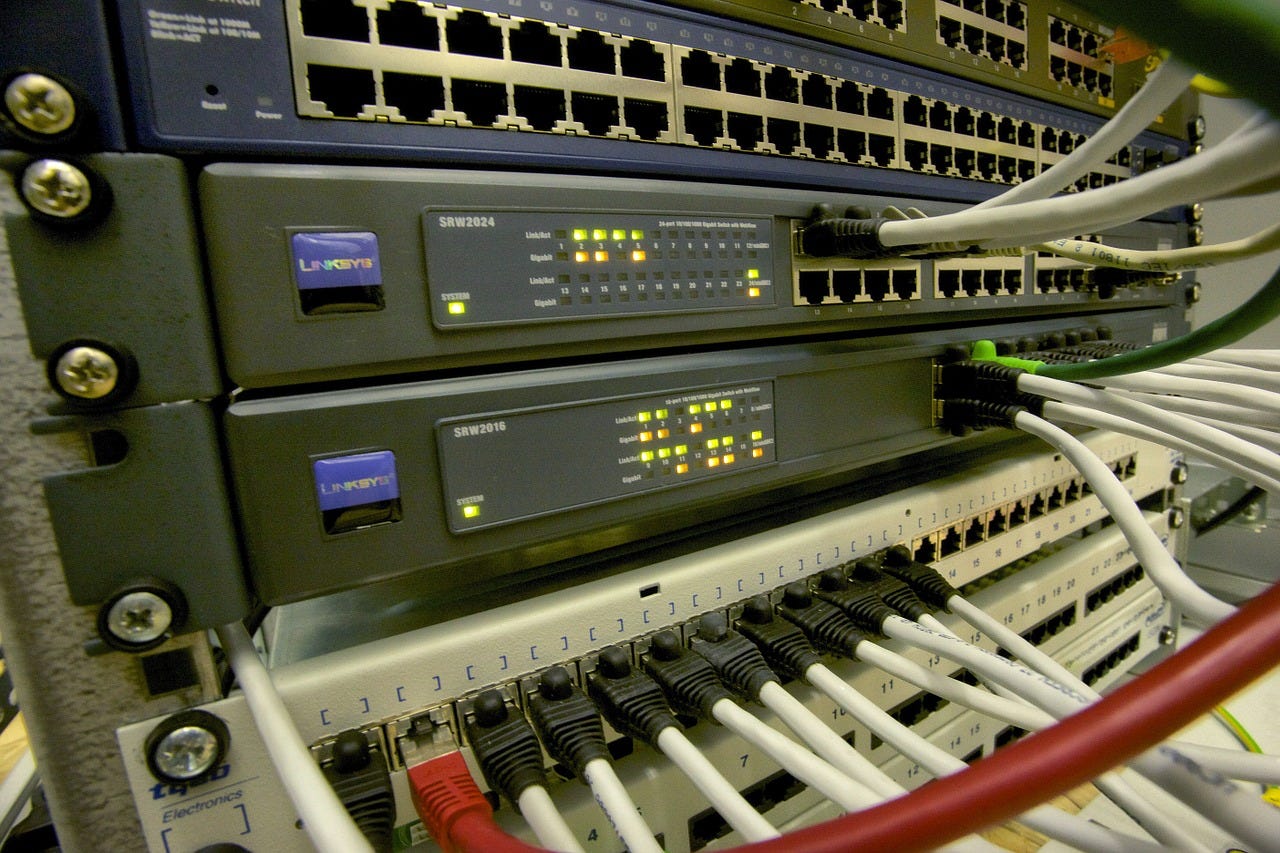Top tips to improve IoT smart home security

By 2020 there will be 21 billion connected devices
A survey by the consumer group Which showed that over half of the smart household gadgets they tested were vulnerable to attack over the internet, Bluetooth, or Wi-Fi. Here are some steps you can take to minimise the risk of this happening, according to the report from not-for-profit Prpl Foundation.
Check for router firmware updates
The longer your firmware goes without an update, the more vulnerabilities and exploits it can contain. Bugs in router firmware enables attackers to access routers and change, for example, DNS or other settings.
Change default password on router
It is really important to change the password on the router (and the account name if possible). Attackers can hack into routers by using default credentials or using brute-force password guesses. In fact, anyone who comes within Wi-Fi range can log onto the router, hijack, or shut down the network.
Configure firewall policies
Firewall policies lets you view and modify access rules and enables you to filter traffic. Look for 'port forwarding' to block unauthorised access requests. Make sure that ports 80, 443, and port 25 stay open to let HTTP, HTTPS, and SMTP traffic through.
Enable MAC filtering
Enabling MAC filtering means that the router will only accept traffic for specific MAC addresses. Other devices are prevented from authenticating with the router.
Use guest network for all home devices
Putting most of your home devices on a guest network can achieve security by separation. This can prevent malware targeting local IP addresses from inside the firewall. However, it also means that devices can't 'talk' to one another.
Enable wireless isolation
Wireless isolation prevents devices -- connected to the network using a wireless connection -- from accessing devices connected to a wired connection.
Disable UPnP
Disabling UPnP is a double-edged sword. If you disable UPnP, it will be more difficult sharing digital content around the home, but leaving this open presents a security risk to the smart home.

Close all ports on your firewall
Firewall ports should never be opened in a typical home installation, as it increases the internet attack surface. People mistakenly believe that they need more ports open to access more services. Listening ports should only be open if you need to access resources inside the firewall when you are outside the home.